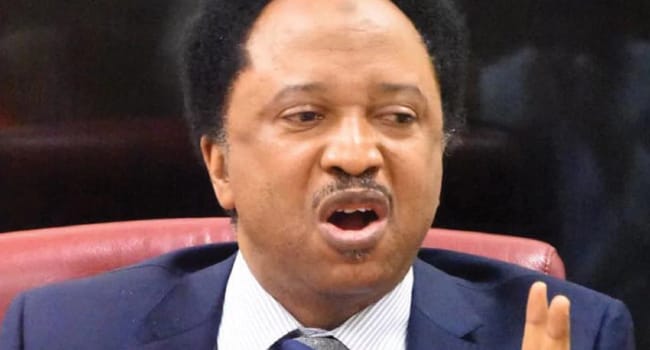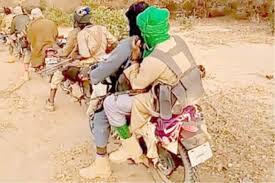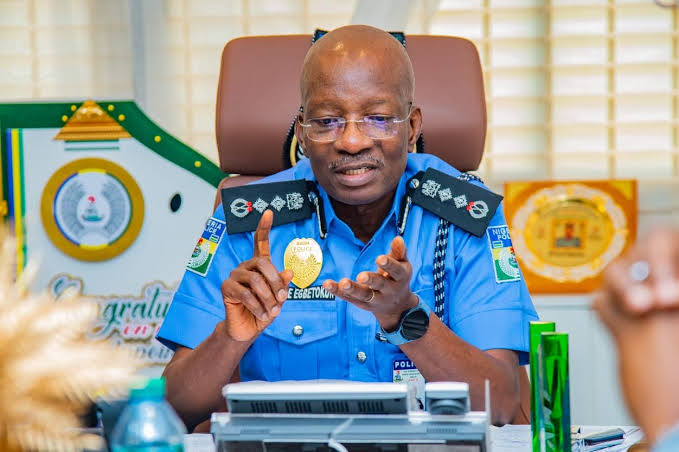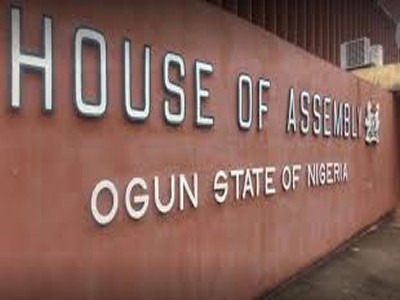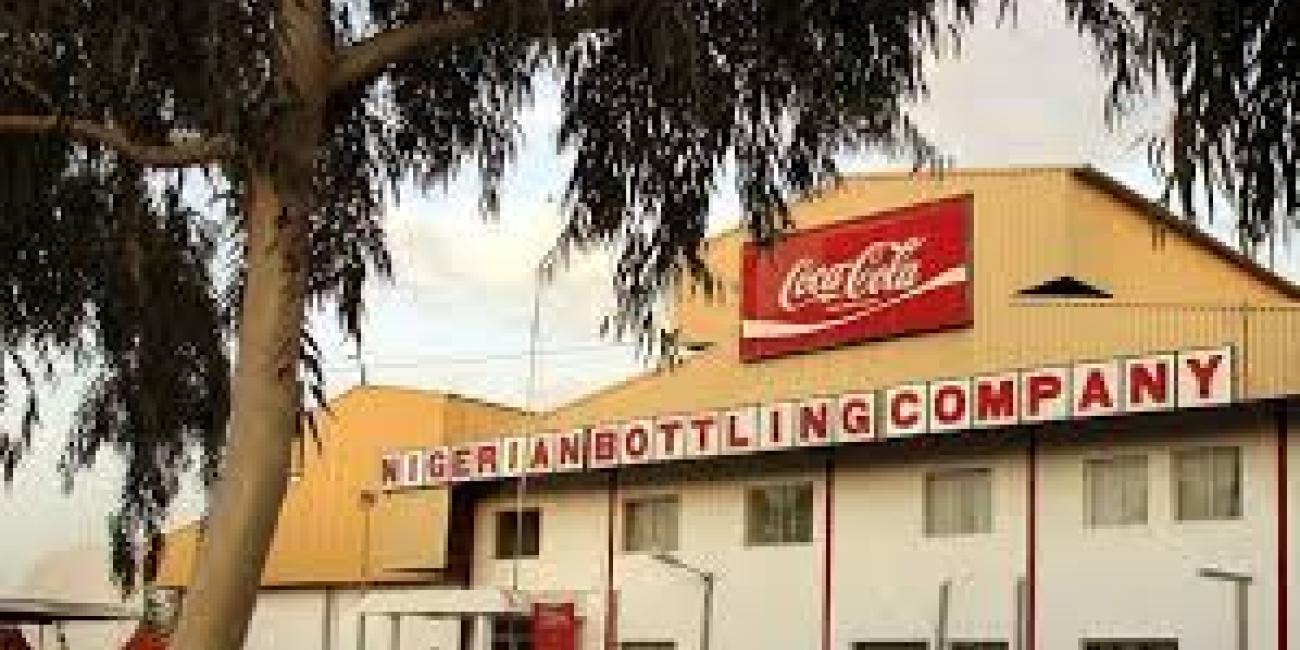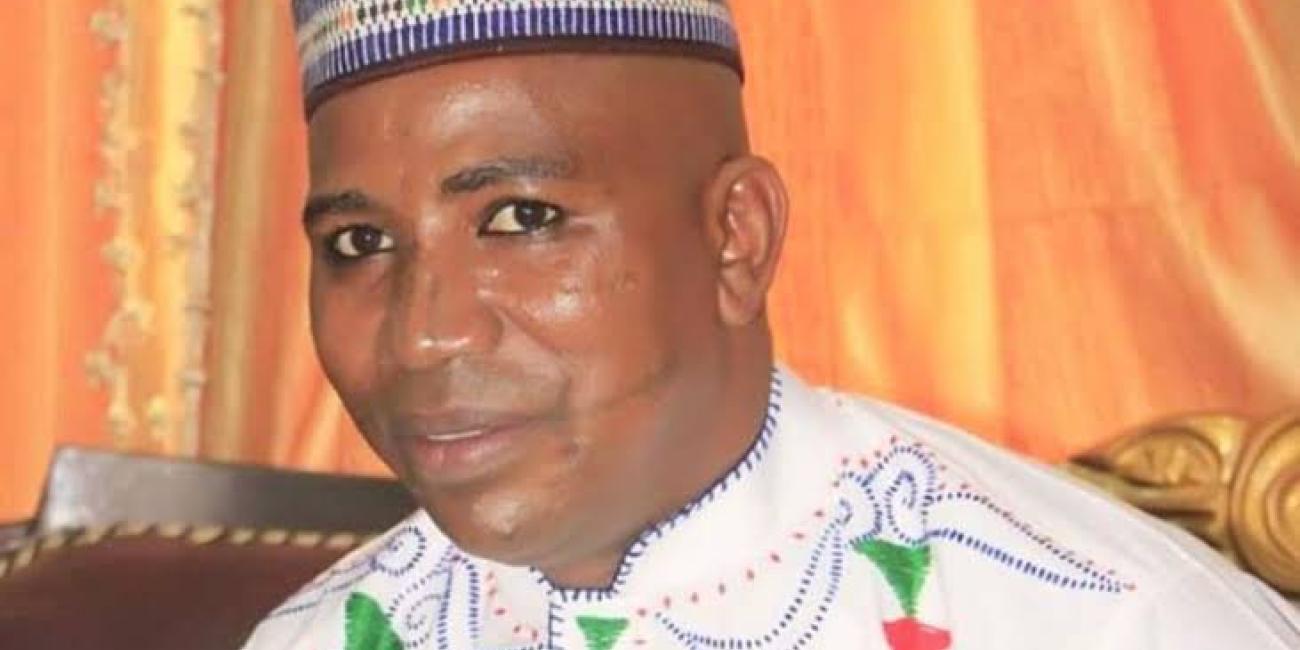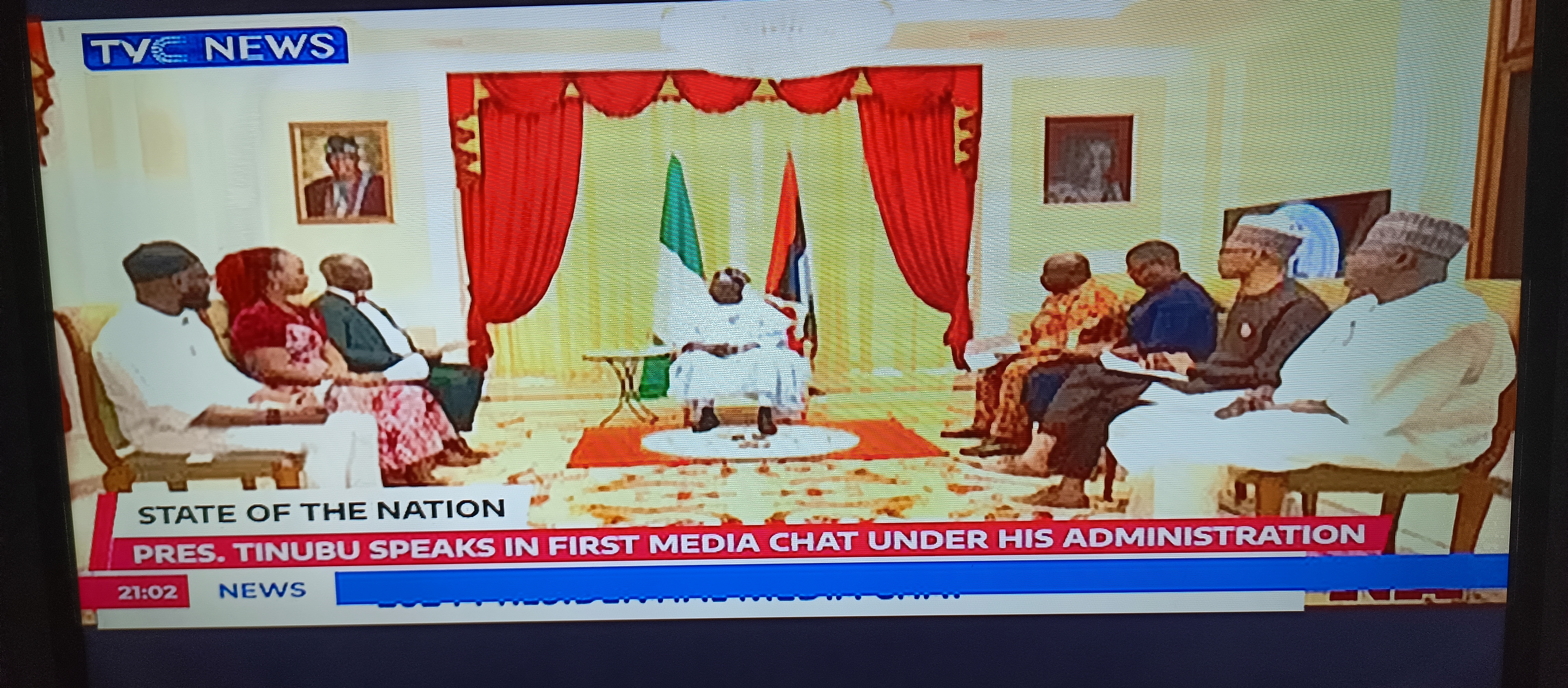
President Bola Tinubu has reaffirmed his decision to remove the controversial petrol subsidy, stressing that it was a necessary step to secure Nigeria’s financial future.
The president made the remarks during his first presidential media chat on Monday night in Lagos, addressing key economic reforms his administration has undertaken since assuming office on May 29, 2023.
Tinubu, who announced the removal of the fuel subsidy during his inaugural address, defended the decision amid widespread criticism and economic hardship that followed.
The price of petrol skyrocketed from N190 to over N900 per litre, triggering a sharp rise in inflation and a higher cost of living.
However, Tinubu maintained that the subsidy removal was inevitable to save the nation from financial collapse. “We were spending the fortune of our future generations; we were not investing,” he stated emphatically.
“Why should you have expenditures that you don’t have revenue for? We cannot spend our future generation’s investments upfront.”
The president argued that the subsidy was a drain on the nation’s resources, with its benefits extending beyond Nigeria’s borders.
“There is no way you give out fuel and allow all the entire neighbouring countries as Father Christmas.
“I don’t have regret whatsoever removing the subsidy. It is necessary,” Tinubu said.
The Minister of Information and National Orientation, Mohammed Idris, backed the president’s stance, stating that the economy would have been in a worse state if the subsidy had not been removed.
Similarly, the Minister of Finance and Coordinating Minister of the Economy, Wale Edun, revealed in October that the subsidy cost the nation about five percent of its Gross Domestic Product (GDP).
Tinubu also expressed condolences to families who lost loved ones during recent stampedes at palliative distribution centres across the country.
“It is very sad that people are not well-organised.
We just have to be disciplined. My condolences to those who lost their family members,” he said.
In addition to the fuel subsidy removal, Tinubu addressed the contentious tax reforms initiated by his administration.
The reforms, which are aimed at broadening the tax base, have faced resistance, particularly from Northern leaders.espite this, the president was resolute, stating that the reforms were designed to benefit the poor and ensure economic stability.
“The tax reforms are here to stay. The reform is pro-poor and it is to widen the tax net, so we can have more people paying,” Tinubu said.
“The hallmark of a good leader is the ability to do what you have to do at the time it ought to be done.”
The tax reform bills, currently before the National Assembly, have sparked debates nationwide, with lawmakers engaging in consultations to address concerns raised by stakeholde
Tinubu’s reforms have drawn mixed reactions, with critics pointing to the economic hardship experienced by Nigerians as evidence of their negative impact.
However, supporters argue that the reforms, though painful, are necessary to rebuild the nation’s economy.
The president’s media chat offered a glimpse into his administration’s economic vision, as he reiterated his commitment to making tough decisions for the country’s long-term benefit.
Do you want to share a story with us? Do you want to advertise with us? Do you need publicity for a product, service, or event? Contact us on WhatsApp +2348183319097 Email: platformtimes@gmail.com
We are committed to impactful investigative journalism for human interest and social justice. Your donation will help us tell more stories. Kindly donate any amount HERE

